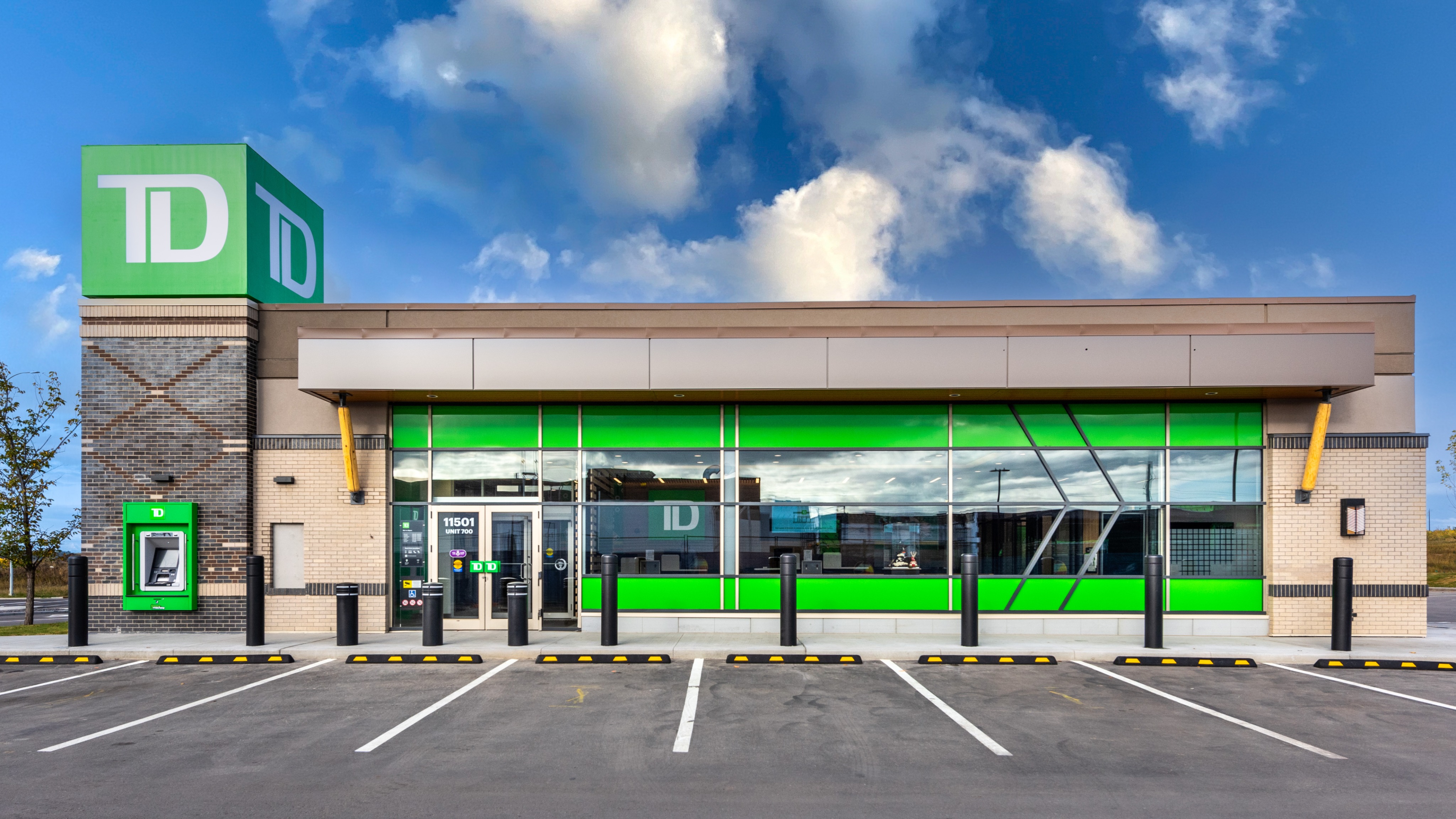Citi has gone live with a set of “next-generation” banking services powered by distributed ledger technology (DLT) and smart contracts.
Citi Token Services for Cash, which facilitates multimillion dollar transactions for the bank’s institutional customers, has moved from a pilot to a live commercial solution after the technology was trialled in partnership with shipping agents CB Fenton and GAC Panama Shipping.
The new service facilitates 24/7 cross-border liquidity and payments between participating Citi branches.
The platform has been developed using a private licensed blockchain, owned and operated by Citi and can also be accessed by clients who do not hold or manage any tokens.
The firm initially trialled the technology between Singapore and New York,, with plans to onboard additional branches in the future.
Ryan Rugg, head of digital assets, treasury and trade Solutions at Citi emphasised the progress of Citi Token Services as a key component of Citi’s pursuit of real-time, always-on-services for its institutional clients.
“By using Distributed Ledger Technology (DLT) and smart contracts, Citi has created a patented programmable payment and liquidity platform, which will reduce costs and streamline processes,” he said.
American multinational manufacturer Mars, an early adopter of the platform, said that through the use of the technology the company was able to initiate and schedule instant payments and cash movements between its Citi accounts, reducing downtime and speeding up transactions by tokenizing cash.
“With Citi’s private blockchain, we can access all the benefits of blockchain, without any complexity or additional risk - our processes, reporting, and operational risk remain identical,” said Mayela Stuparitz, global treasury director at Mars.
Commenting on the pilot transit operations completed by CB Fenton and GAC Panama, Chris Cox, global head of trade and working capital solutions at Citi said that they demonstrate the potential for global trade when manual and time-consuming processes are replaced by cutting-edge digital solutions and present a “significant opportunity to extend Citi Token Services for Trade more widely in the future.”
Latest News
-
Gemini to cut quarter of workforce and exit UK, EU and Australia as crypto slump forces retrenchment
-
Bank ABC’s mobile-only ila bank migrates to core banking platform
-
Visa launches platform to accelerate small business growth in US
-
NatWest to expand Accelerator programme to 50,000 members in 2026
-
BBVA joins European stablecoin coalition
-
eToro partners with Amundi to launch equity portfolio with exposure to ‘megatrends’
Creating value together: Strategic partnerships in the age of GCCs
As Global Capability Centres reshape the financial services landscape, one question stands out: how do leading banks balance in-house innovation with strategic partnerships to drive real transformation?
Data trust in the AI era: Building customer confidence through responsible banking
In the second episode of FStech’s three-part video podcast series sponsored by HCLTech, Sudip Lahiri, Executive Vice President & Head of Financial Services for Europe & UKI at HCLTech examines the critical relationship between data trust, transparency, and responsible AI implementation in financial services.
Banking's GenAI evolution: Beyond the hype, building the future
In the first episode of a three-part video podcast series sponsored by HCLTech, Sudip Lahiri, Executive Vice President & Head of Financial Services for Europe & UKI at HCLTech explores how financial institutions can navigate the transformative potential of Generative AI while building lasting foundations for innovation.
Beyond compliance: Building unshakeable operational resilience in financial services
In today's rapidly evolving financial landscape, operational resilience has become a critical focus for institutions worldwide. As regulatory requirements grow more complex and cyber threats, particularly ransomware, become increasingly sophisticated, financial services providers must adapt and strengthen their defences. The intersection of compliance, technology, and security presents both challenges and opportunities.
© 2019 Perspective Publishing Privacy & Cookies












Recent Stories